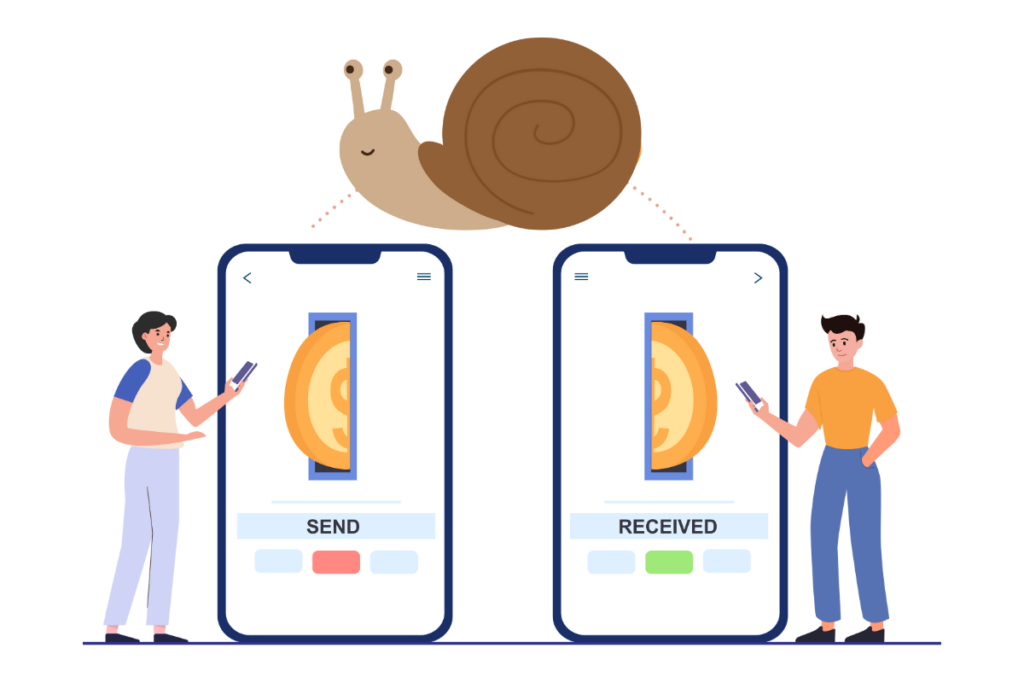Confirmation of Payee (CoP) is a simple, yet highly effective way for banks to help prevent error and fraud – it prevents payments being made to the wrong bank accounts or indeed made-up identities.
It checks the name of the payee against the account details provided and alerts you if they don’t match.
Unfortunately, not all banks offer it: only six of the largest banking groups in the UK were forced to introduce this new system in 2020, others have been gradually introducing it. The UK regulator has since announced that a further 400 firms are expected to implement CoP by June 2024. Irish banks have not yet implemented confirmation of payee.
How does confirmation of Payee work?
Historically, banks process transactions using bank account numbers whilst ignoring the name of the recipient. This sounds like a small detail however it has two significant implications:
- Error can occur if users type a wrong digit when inputting an IBAN/Account number.
- Criminals and fraudsters can impersonate people or legitimate organisations when requesting payments.
If CoP is in place, banks will check if the full name matches the details held by the recipient’s bank. Crucially, you will be alerted if the name does not match or only partially matches which is a clear sign that something is wrong.
Interestingly, you can still choose to ignore these warnings and authorise the payment regardless, though banks will warn you that you are proceeding at your own risk. Monies transferred to fraudulent accounts, would be deemed negligent on the consumer’s behalf and there would probably be no compensation as a result.

What messages will appear if I input the wrong recipient name in a bank transfer?
Not all banks use the same wording however confirmation of payee notification messages typically look as follows:
- Yes, exact payee match – you can proceed with the payment.
- Partial or close match – some of the details are incorrect so please review the payee details for potential mistakes or misspellings
- No match – the details don’t match so we recommend that you cancel the payment until you’ve made further checks
- No name check – it has not been possible to check the name eg because the receiving bank doesn’t offer CoP.
Number 4, as you can see, represents a gap in the protection as most international banks do not offer currently confirmation of payee. The UK CoP also doesn’t apply to payments that are not in pound sterling or BACs payments (including direct debits).

Can confirmation of payee prevent fraud or online rent scams?
Yes, we certainly believe it can help as fraudsters typically create fake identities and when sending their payee details to the payer. Matching names would be a very helpful start considering the recipient’s bank would be required to verify the fraudster’s identification, upon account opening, assuming one could place reliance on that system.
There is a significant problem though – the success of a fraud prevention system like this depends on banking cooperation across a vast international banking system. Introduction, at a domestic level in the UK, is certainly encouraging and perhaps over time international banking adoption will increase.
Will confirmation of payee slow down the transfer process?
No, confirmation of payee is typically conducted in real time so there is virtually no delay to the transfer.

Can a recipient in a UK bank opt out of confirmation of payee?
Yes, by opting out of the service, it means the payees account would not be checked when another person or business tries to make a payment to it. Individuals or businesses making payments to the payee’s account will get a message that your details can’t be checked. This could result in delays or a reluctance to proceed without confirmation of details. It could however open the possibility for fraudsters to evade this check, especially during the first phase of implementation.

Are there drawbacks to confirmation of payee for consumers?
Yes, we believe that there are potential drawbacks which include:
- Liability – some users perceive this to be a shift of liability from the bank to the payer in certain instances. At present, consumers are largely in agreement that they are liable if a payment is sent to the wrong account as a result of human error inputting the details. The introduction of CoP was felt to confuse matters over who is liable.
- Usability and lack of friction – users want a process that is seamless and quick. In a world of ever increasing 2FA, card readers etc. some users may feel like this is a unnecessary obstacle to what should be a relatively straightforward process
- Lack of bank participation – the lack of international coverage in particular, is a major obstacle in enabling consumers to place reliance on confirmation of payee
- False positives – reaching a payee exact match may be slightly trickier. Risk adverse payers who receive “partial or close match” notifications may abandon the transfer altogether. Upon review and additional verification regarding the payee, the payer may be frustrated with the time spent retracing their steps to make the transfer. Future warnings may be disregarded as a result.
Concluding remarks
Notwithstanding the fact that it does have certain limitations, CoP is a very useful security measure and we would urge all international regulators to consider its implementation. Fraud is a massive problem across our society and preserving the trust in our banking systemin should be a priority.



